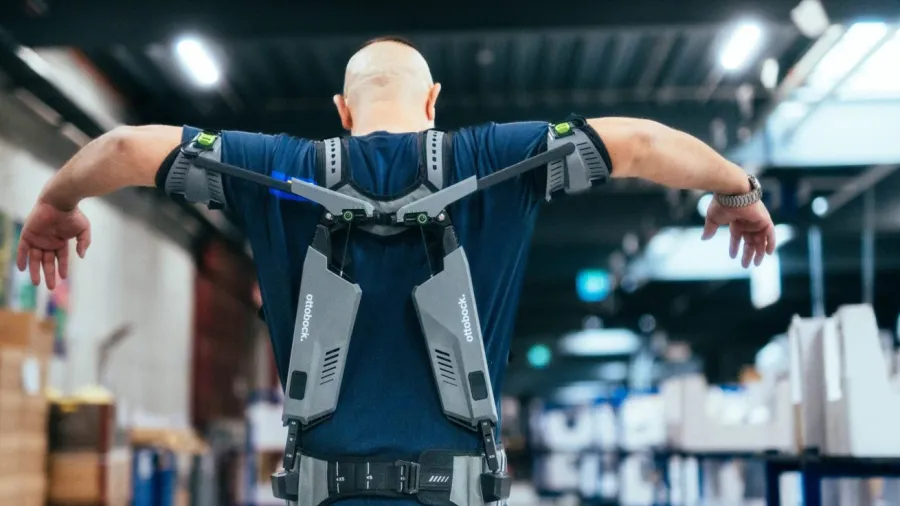
IKEA rolls out exoskeletons to boost workplace ergonomics
These devices are designed to reduce physical strain on workers.
IKEA has rolled out over 400 exoskeletons across 14 countries as part of its efforts to improve workplace ergonomics and enhance employee well-being.
Developed in partnership with Ottobock, a leader in prosthetics, these wearable devices are designed to reduce physical strain on workers during tasks such as lifting and repetitive movements.
The initiative underscores IKEA’s commitment to the health and safety of its employees while adapting to increasing customer demands.
“Exoskeletons aim to minimize the negative impact of physical workload and fatigue on our co-workers’ health. Thus, ensuring better quality of life both in and out of work, including reducing strains and giving our co-workers more energy after shifts,” said Marcus Baumgartner, global head of Fulfilment & Services, for IKEA Retail (Ingka Group).
Early results from IKEA's exoskeleton rollout showed reduced physical strain, improved safety with better posture, and a more inclusive workplace by making physically demanding tasks more accessible, the group said.
IKEA plans to expand the program to additional countries, including India, the Netherlands, Poland, Romania, Serbia, Japan, and China.
The company said it remains committed to investing in employee health, aiming to make tasks more accessible and create a more inclusive work environment.



















 Advertise
Advertise






